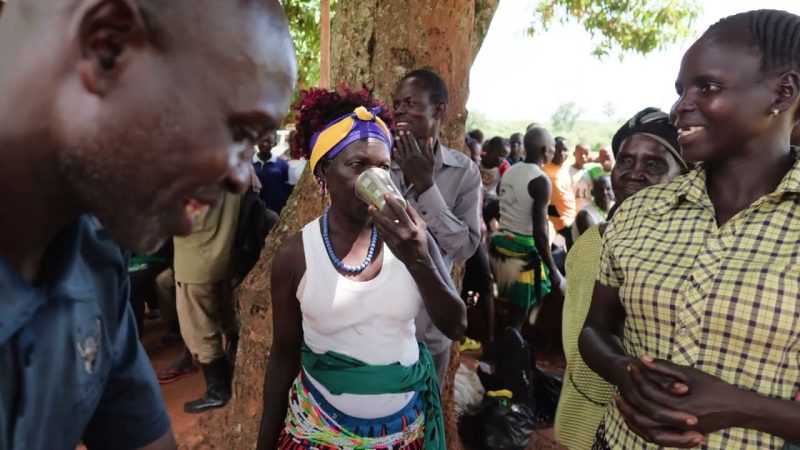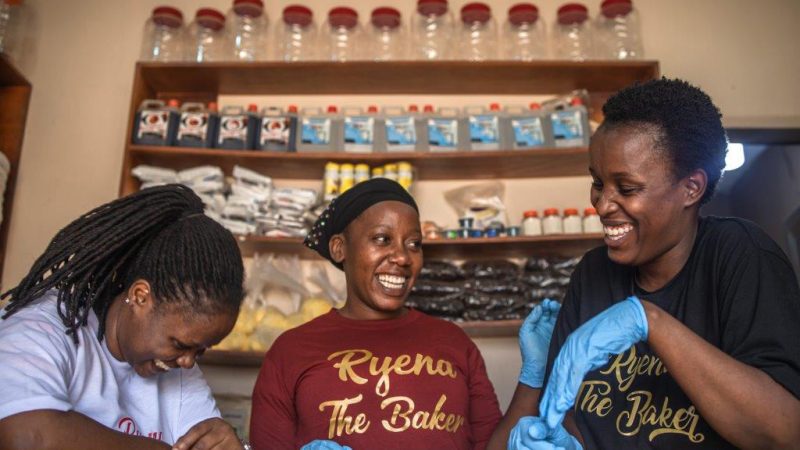Uganda
The Carter Center worked with ministries of health in Uganda to combat Guinea worm disease and continues its decades-long partnership with the country to eliminate transmission of river blindness. In 2021, we partnered with the city of Kampala as part of the groundbreaking Inform Women, Transform Lives campaign.
Short-term Goals
In partnership with national and state ministries of health, we work to interrupt disease transmission. We also have partnered with Kampala to empower women through access to information.
Impact
- The country is on track to wipe out river blindness.
- We’re working with the Ministry of Health to make mental health care services accessible. With our support, Uganda reported its last indigenous case of Guinea worm disease in 2003.
- In 1999, the Center helped normalize relations between Uganda and Sudan, opening a path to a more sustainable peace.
Trichiasis With and Without Tarsal Conjunctival Scarring: A Multi-Country Observational Study
UOEEAC Press Release: Uganda Intensifies Efforts To Eliminate Onchocerciasis (River Blindness)
Summary: 2023 Program Review for the River Blindness Elimination Programs | Ethiopia, Nigeria, OEPA, Sudan, and Uganda

Global Impact Starts with You
Your support sustains the Carter Center's mission of waging peace, fighting disease, and building hope around the world.



